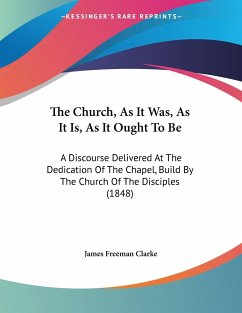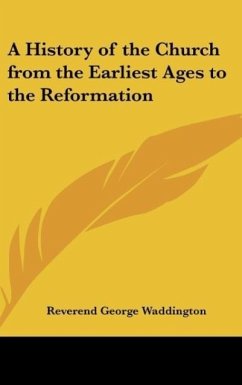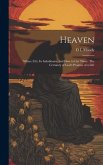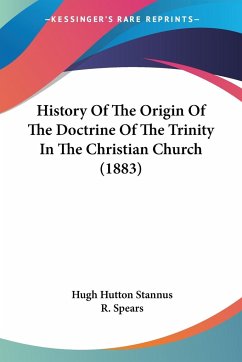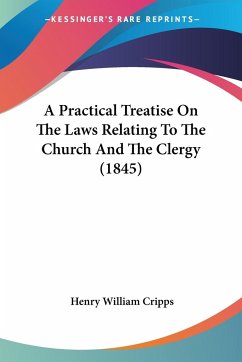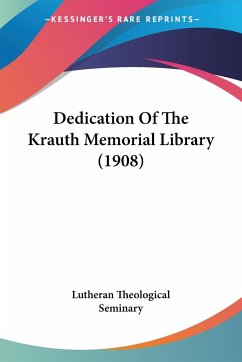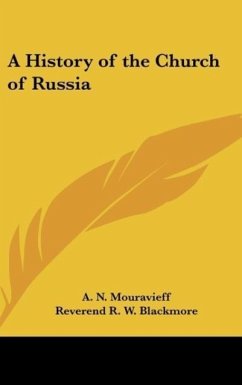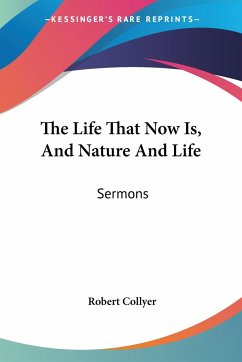The book ""The Church, As It Was, As It Is, As It Ought To Be: A Discourse Delivered At The Dedication Of The Chapel, Build By The Church Of The Disciples (1848)"" is a discourse given by James Freeman Clarke at the dedication of a chapel built by the Church of the Disciples in 1848. The book explores the history of the Christian church, its current state, and what it should strive to be. Clarke discusses the importance of unity and love within the church, as well as the need for individual spiritual growth. He also addresses the role of the church in society and the importance of social justice. Overall, the book offers a thoughtful and insightful perspective on the Christian church and its place in the world.This scarce antiquarian book is a facsimile reprint of the old original and may contain some imperfections such as library marks and notations. Because we believe this work is culturally important, we have made it available as part of our commitment for protecting, preserving, and promoting the world's literature in affordable, high quality, modern editions, that are true to their original work.
Bitte wählen Sie Ihr Anliegen aus.
Rechnungen
Retourenschein anfordern
Bestellstatus
Storno

